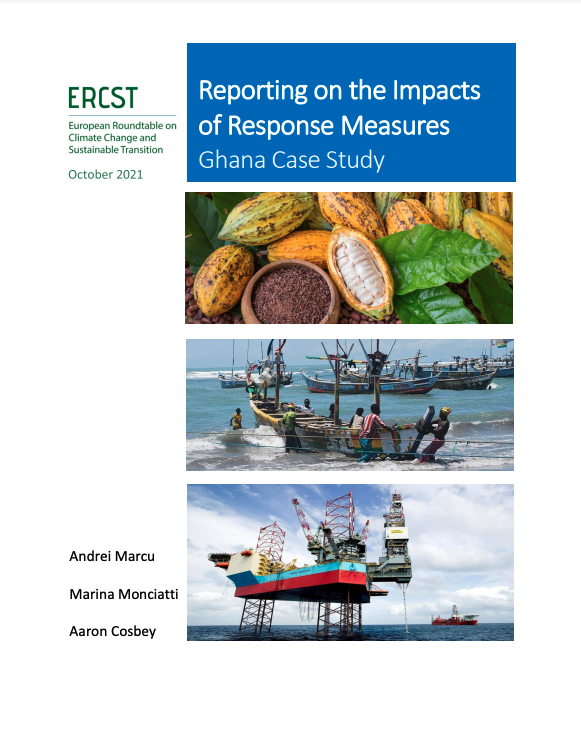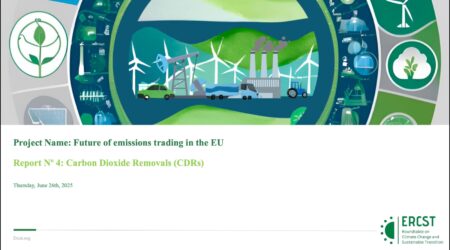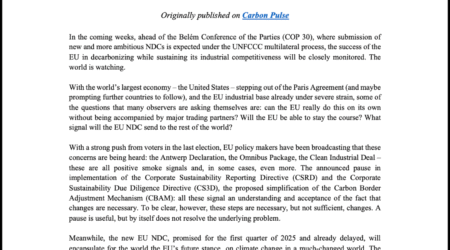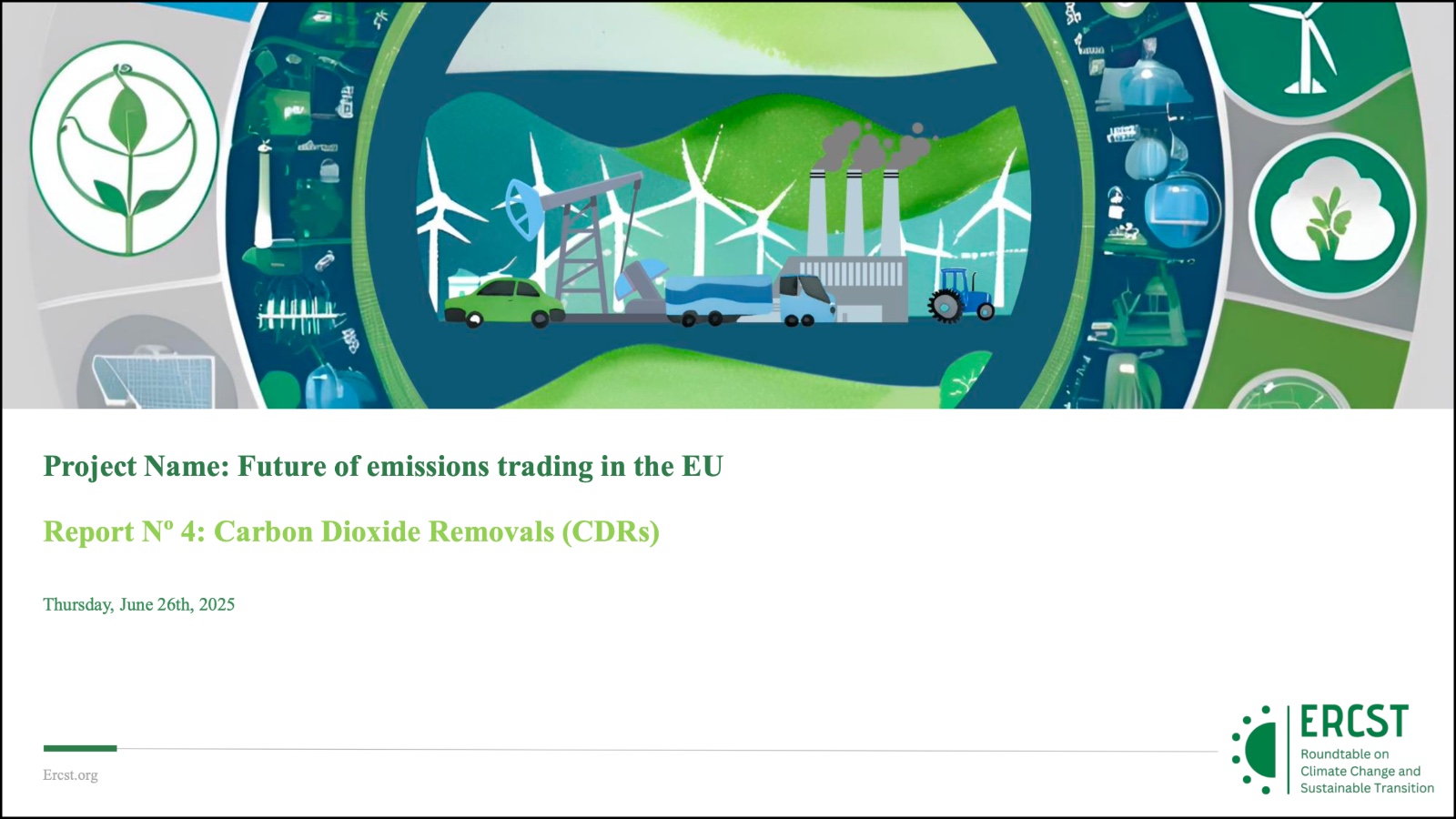Reporting on the Impacts of Response Measures: Ghana Case Study
AUTHOR(S): Marina Monciatti, Andrei Marcu and Aaron Cosbey
This report presents the results from the ERCST country case study on Ghana that assesses the trans-border impacts from the implementation of climate change mitigation policies (also known as response measures) on Ghana. International response measures could have socio-economic impacts in Ghana in the next years.
The main findings from the research and the case study identify 12 sectors of the Ghanaian economy as most vulnerable to the impacts of response measures with 80 international response measures that could impact them.
For the identified vulnerable sectors three international response measure were chosen for quantitative assessment: IMO carbon tax for international shipping, CORSIA under ICAO carbon tax for international aviation and the EU Border Carbon Adjustment Mechanism.
The results indicate that the overall effects of the IMO carbon tax on economy of Ghana are small. On the other hand, the results portray that CORSIA/ICAO will have a stronger impact on the Ghanaian economy, compared to an IMO carbon tax. For the EU CBAM, macroeconomic effects are too small to be meaningful, but they could reshuffle export destination patterns













